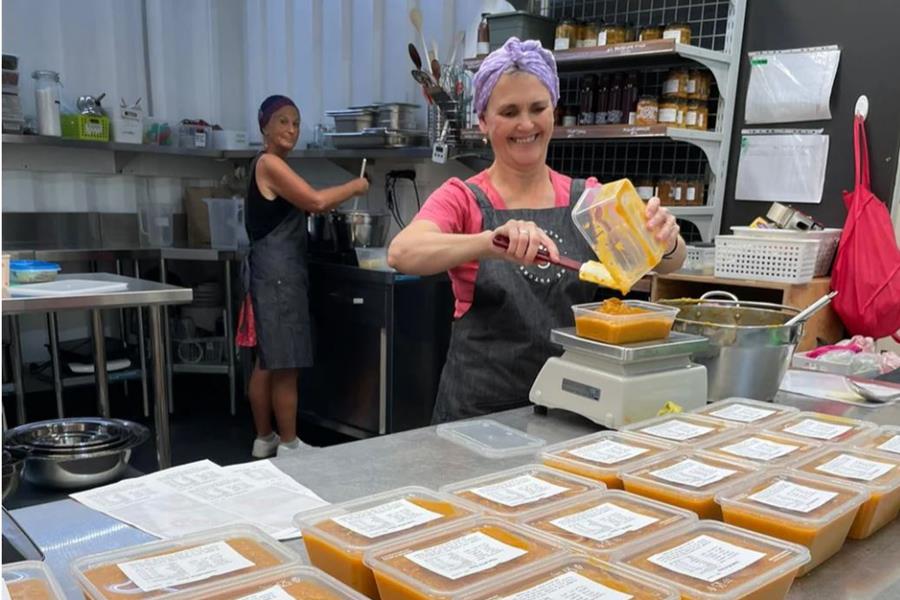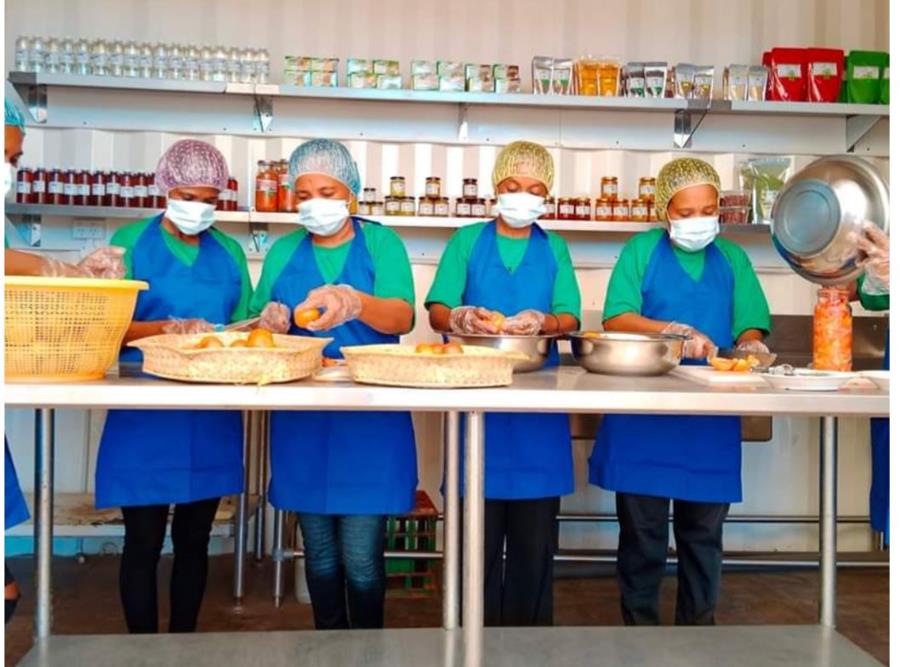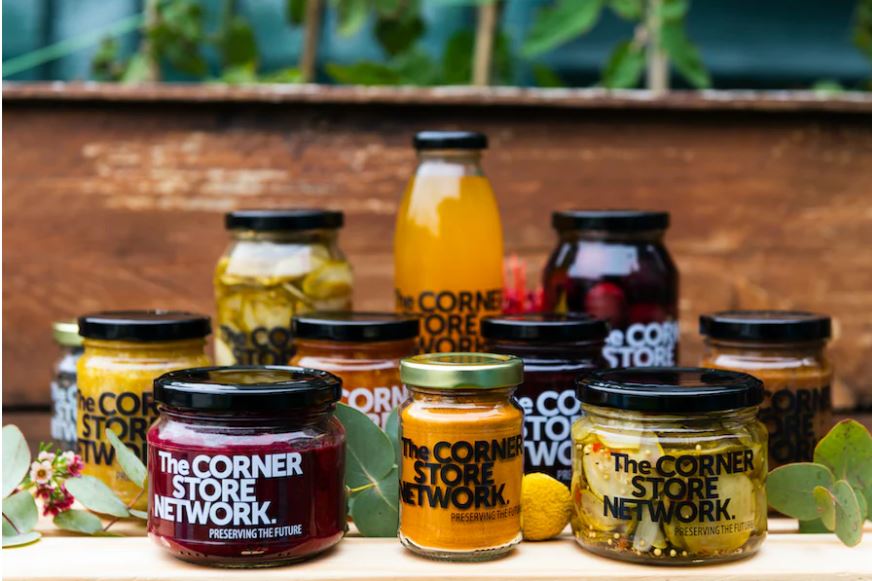
The hungry time
In the animal world successfully working out how to survive the hungry times is the difference between making it through to the next year or not.
We might consider preserving as a human thing but it’s a way more universal practice than we may think.
Kangaroo rats store seeds for months in their moisture-free temperature-controlled burrows. Shrikes, aka butcher birds, impale prey on sharp thorns and dry it out like jerky. Moles creepily inject worms with venom keeping them alive in their burrows for lunching on later. Bees, of course, turn plant nectar into honey that will never go off. Ants do something similar turning their bodies into mini-honey tankers.
Still, it’s been our ability to preserve food surpluses in a myriad of ways – salting, smoking, freezing, drying, freeze-drying, canning, fermenting, pickling, and vacuum sealing – that in many, very tasty ways, defines us as human.
Growing up I remember frugal grandparents with large gardens and memories of going hungry during The Depression who let almost nothing go to waste.
Everyone was involved in some way – fruit was jammed, tomatoes sauced, cucumbers pickled, beefs corned, sausage hung, fish smoked, wine and beer brewed and of course hay was baled and put in the barn.
But then people got comfortable, the supermarkets came and all that cheap abundance helped us forget about the need to preserve food for the hungry times.
Working as a chef Alice Mahar saw the dark side of our food abundance – working in a commercial kitchen she took black garbage bag after black garbage bag filled with produce, offcuts, day old bread and uneaten meals out to bin at the end of every evening.
At the same time Alice was experiencing food waste in an entirely different context – travelling to East Timor to help her father Andrew, who was importing fair trade coffee, she was seeing Timorese families surviving on one meal a day.
With the Timorese economy smashed and their traditional practices lost during the Indonesian occupation they had no way to preserve produce that was abundant during the wet season.

Encouraged by Andrew and helped by her mother, Kathy, Alice set up a commercial grade preserving kitchen inside the family’s coffee roasting warehouse in Oakleigh.
Locals donated surplus fruit, vegetables and herbs from their gardens which were preserved by a team of volunteers. A portion of each batch went back to the grower, another was sold to fund the project with the remainder sent to local food relief agencies.
Over in Dili, Alice and Andrew worked with their Timorese colleagues to set up a preserving hub using produce either grown on-site or sourced from local farmers to minimise wastage and increase incomes. Women were employed to preserve as well being trained in regenerative agriculture and small business.
Since its inception in 2019, the Corner Store Network’s preserving initiative has saved over 30 tons of food! In Oakleigh at weekly ‘chop and chat’ sessions 80 volunteers from all different walks of life make a difference and connect through the simple act of preserving food.
We’re super-proud to support The Corner Store Network – their award-winning coffee is incredible and as of this week we have begun stocking a whole new range of Alice’s preserves – you can find Lime Pickle, Mandarin and Star Anise Jam, Blood Orange and Vanilla Marmalade, Cumquat Marmalade, Yuzu Marmalade and East Timorese Peppercorns in our webstore.
Have a great week
Chris

